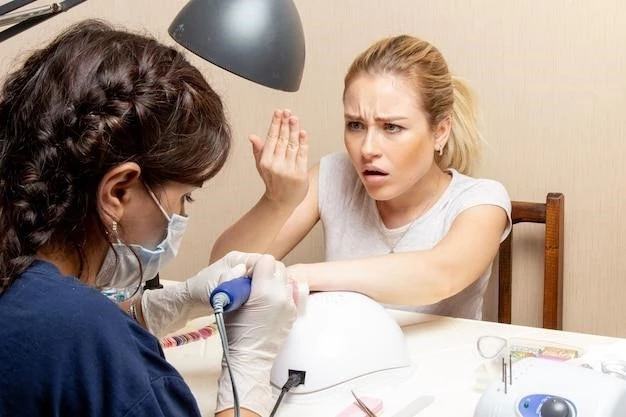Anorchia can be caused by genetic factors‚ hormonal imbalances‚ certain medications‚ or testicular injuries․ Understanding the underlying cause is crucial for developing an appropriate treatment plan․
Causes of Anorchia
Anorchia can be caused by various factors‚ including genetic abnormalities‚ hormonal issues during fetal development‚ certain medications‚ infections‚ trauma‚ or testicular torsion․ Genetic conditions like Klinefelter syndrome or undescended testicles can also lead to anorchia․ Understanding the specific cause of anorchia is essential for determining the most effective treatment approach․
Symptoms of Anorchia
Individuals with anorchia may experience physical symptoms such as underdeveloped or missing testicles‚ delayed puberty‚ short stature‚ and infertility․ Additionally‚ psychological impacts like body image concerns and emotional distress can arise․ It is essential for individuals with anorchia to work closely with healthcare providers to address both the physical and emotional aspects of the condition․
Diagnosis and Treatment of Anorchia

Diagnosing anorchia involves a comprehensive evaluation‚ including physical exams‚ hormone level tests‚ imaging studies‚ and genetic testing․ Treatment options vary based on individual needs and may include hormone replacement therapy‚ psychological support‚ and surgical interventions like testicular implants․ It is crucial for individuals with anorchia to work closely with healthcare professionals to tailor a treatment plan that addresses their specific symptoms and concerns․
Anorchia in Children
Anorchia in children may present challenges related to physical development and emotional well-being․ It is essential for parents and caregivers to work closely with pediatric healthcare providers to monitor growth‚ address hormone imbalances‚ and provide necessary support․ Early detection and intervention are key in managing anorchia in children to optimize overall health and well-being as they grow․
Anorchia and Fertility
Anorchia can impact fertility due to the absence of one or both testicles‚ affecting sperm production and hormone levels․ Individuals with anorchia may explore fertility preservation options such as sperm banking before undergoing treatments that could further impact fertility․ Consulting with fertility specialists can help individuals understand their options and make informed decisions regarding family planning․
Living with Anorchia
Living with anorchia involves adapting to physical changes‚ managing emotional well-being‚ and seeking appropriate medical care․ Support groups‚ counseling‚ and open communication with healthcare providers can help individuals navigate challenges related to body image‚ self-esteem‚ and treatment decisions․ Developing coping mechanisms and maintaining a positive outlook are essential for enhancing quality of life while living with anorchia․
Surgical Options for Anorchia
Surgical interventions for anorchia may include procedures to place testicular implants for cosmetic purposes or reconstructive surgery to address underlying issues․ Consultation with a urologist or plastic surgeon specialized in genital reconstruction is essential to discuss surgical options‚ potential risks‚ benefits‚ and post-operative care․ Understanding the available surgical interventions can help individuals make informed decisions regarding their treatment journey․
Research and Advances in Anorchia
Ongoing research in anorchia focuses on genetic studies‚ hormonal therapies‚ and surgical advancements to improve diagnosis and treatment outcomes․ Clinical trials may offer individuals with anorchia opportunities to access cutting-edge treatments and contribute to the advancement of medical knowledge․ Staying informed about research developments and discussing potential research participation with healthcare providers can be beneficial for individuals seeking innovative approaches to manage anorchia․
